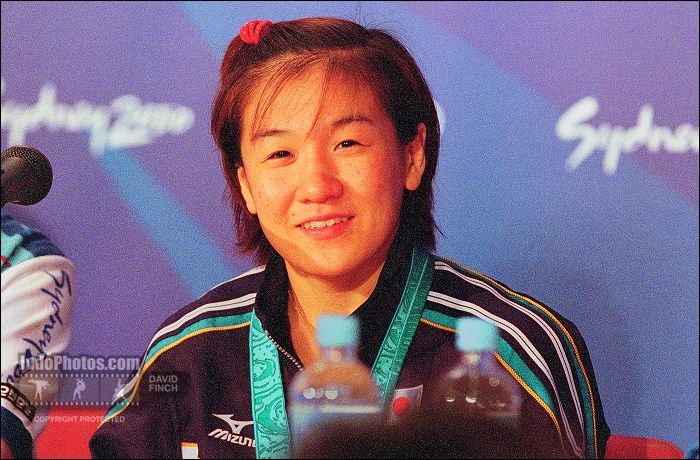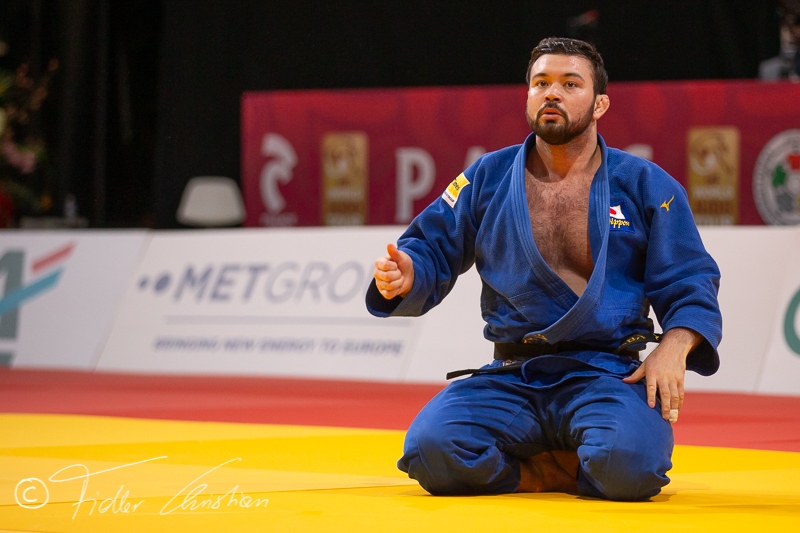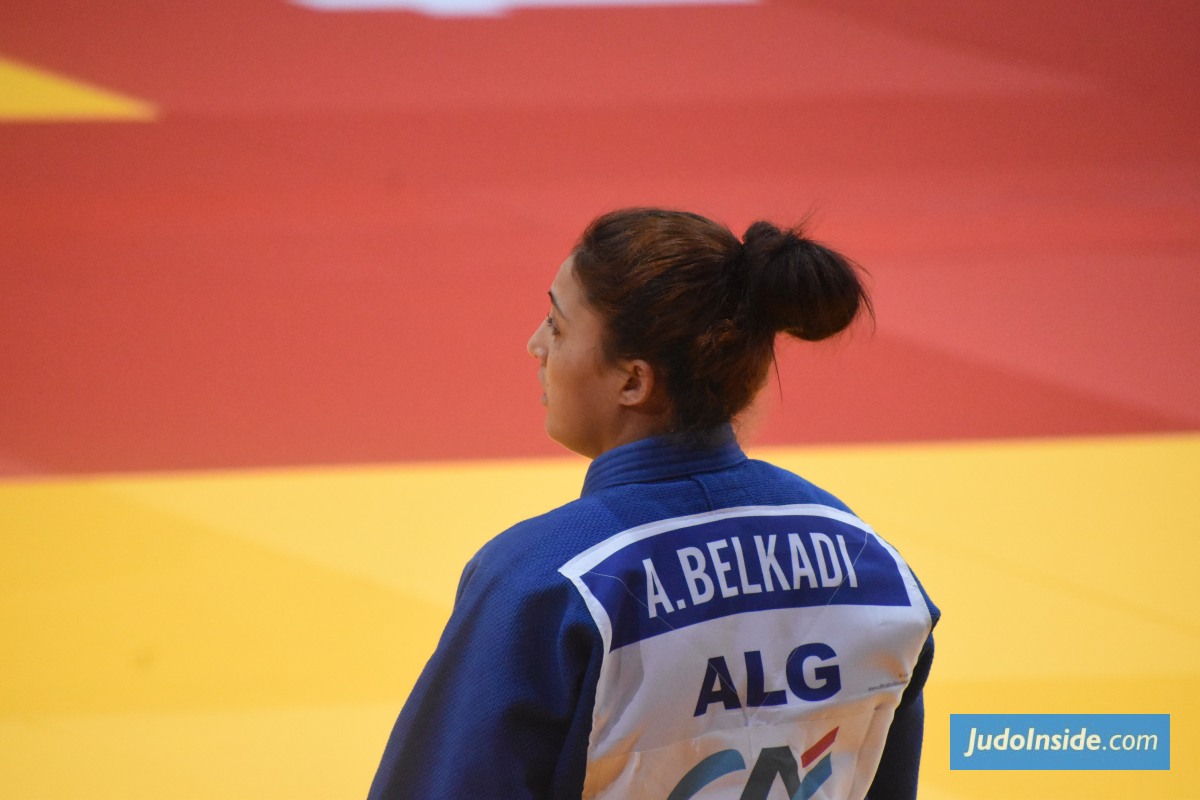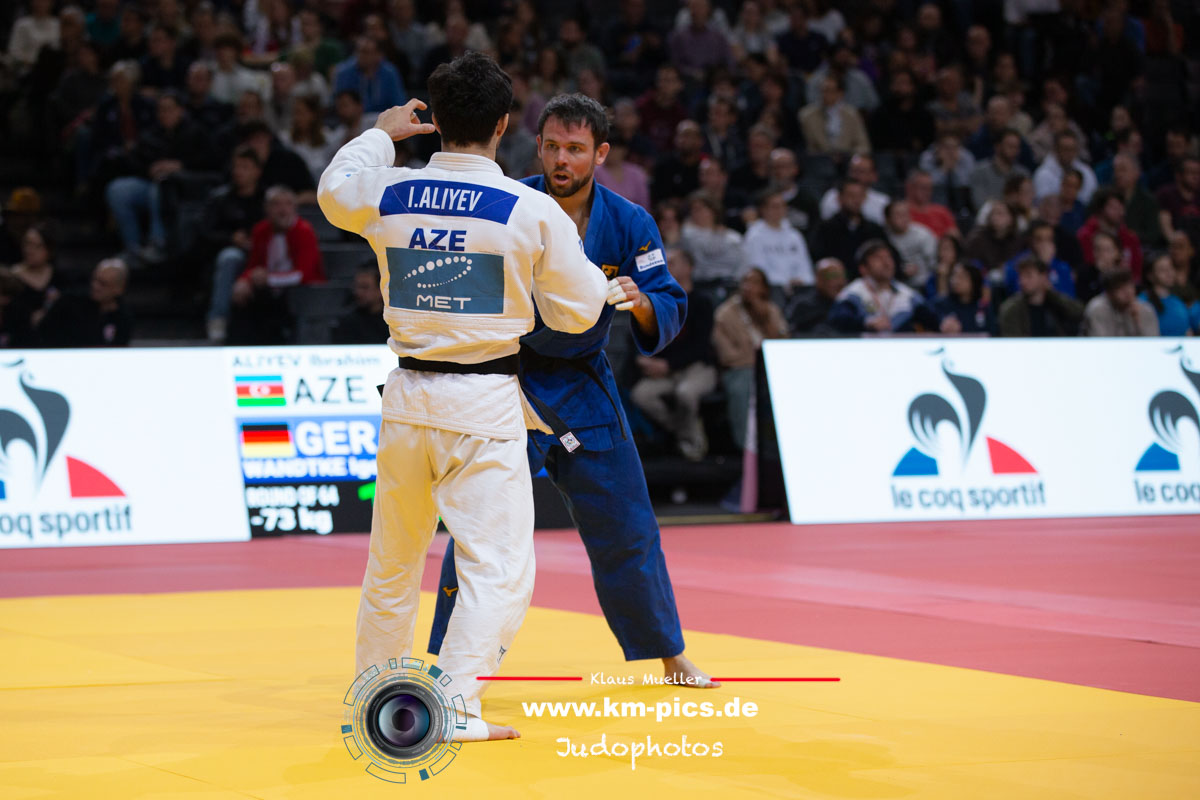JudoCrazy analysis: 2004 Olympic Champion Lee Won-hee
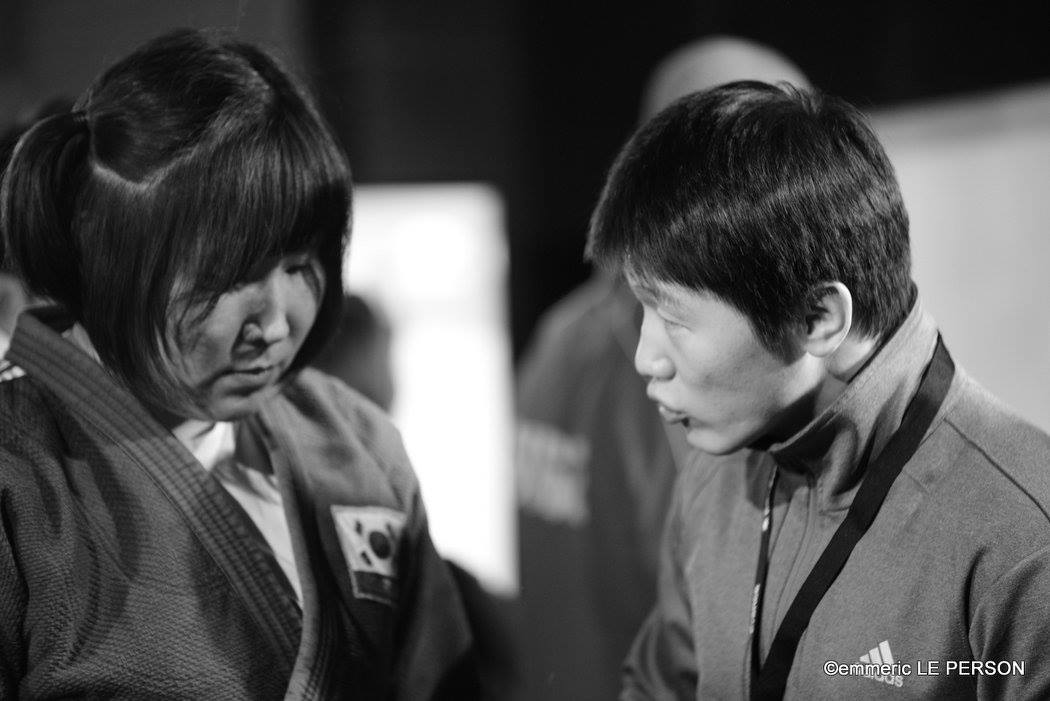
 19 Jun 2023 22:05
19 Jun 2023 22:05
 by JudoCrazy and JudoInside
by JudoCrazy and JudoInside
 Emmeric Le Person
Emmeric Le Person
Although top-level judokas are increasingly stretching their careers well into their 30s, it’s quite unheard of for players to compete once they hit 40. That didn’t stop Sabrina Filzmoser from having one last hurrah. At the Upper Austria Grand Prix in May, home favorite Filzmoser competed at the age of 42 (just a month shy of 43). Nor did it stop Hungarian legend Miklos Ungvari from competing in the 2021 Budapest World Championships at the age of 40.
Perhaps Filzmoser and Ungvari’s heroic exploits have inspired South Korea’s Lee Won-hee to get back onto the competition mat again. Lee, who had won the World title in 2003 and the Olympic gold in 2004, is slated to compete in the upcoming Ulaanbaatar Grand Slam.
Could this have been a typo or perhaps it could be a younger judoka with the same name? If you click on the link on IJF’s page, you’ll see it’s the same Lee Won-hee who had dominated the early 2000s.
In his prime, Lee was quite a force to contend with. He had a deadly sleeve-grip tai-otoshi which many other Korean players have since emulated. Lee used that technique to great effect against Japan’s Yusuke Kanamaru in the quarterfinal of the 2003 World’s and Victor Bivol of Moldavia in the semifinal. In the final he defeated France’s Daniel Fernandes with an opportunistic uchimata-sukashi.
Olympic Champion
The following year, at the 2004 Athens Olympics, Lee once again threw Bivol in the semifinal with the exact same sleeve-grip tai-otoshi. In the final, against former World Champion Vitaly Makarov (RUS), Lee employed an unusual drop sode-tsurikomi-goshi into kouchi-makikomi combination that completely floored the Russian.
From 2005 though, Lee faced some serious domestic competition. That year, he was not sent to the 2005 Cairo World Championships. Instead, a young upstart Kim Jae-Bum (who would later become Olympic and double World Champion at -81kg) was the Korean representative.
Asian Games winner
In 2006, Lee made a comeback and won gold at the prestigious Asian Games (held once every four years, just like the Olympics), where he beat Japan’s Masahiro Takamatsu in the final using once again his favorite sleeve-grip tai-otoshi.
His resurgence was short-lived though. Yet another domestic rival had emerged. Wang Ki-Chun was making waves domestically and doing better than both Lee and Kim. Ultimately, Wang was chosen over Lee and Kim to represent South Korea in the 2007 Rio World Championships. Wang proved that he was the right choice by winning the gold medal in Rio. (Wang went on to become a double World Champion but is now in jail for sexually assaulting minors).
Sleeve-Grip Tai-Otoshi
Lee’s last international match was the Tournoi de Paris (the precursor to the Paris Grand Slam) where he lost in the first round to Konstantin Siamionau of Belarus. It wasn’t a great way to end his competition career and perhaps this is why Lee is competing again. It will be interesting to see how he fares in Ulaanbaatar and judo fans will surely be watching to see if he can still do his famous sleeve-grip tai-otoshi.
Oon Yeoh, is creating interesting content such as this series of articles about Olympic judo history. Support his efforts by subscribing to his Patreon
 like
like
 share
share
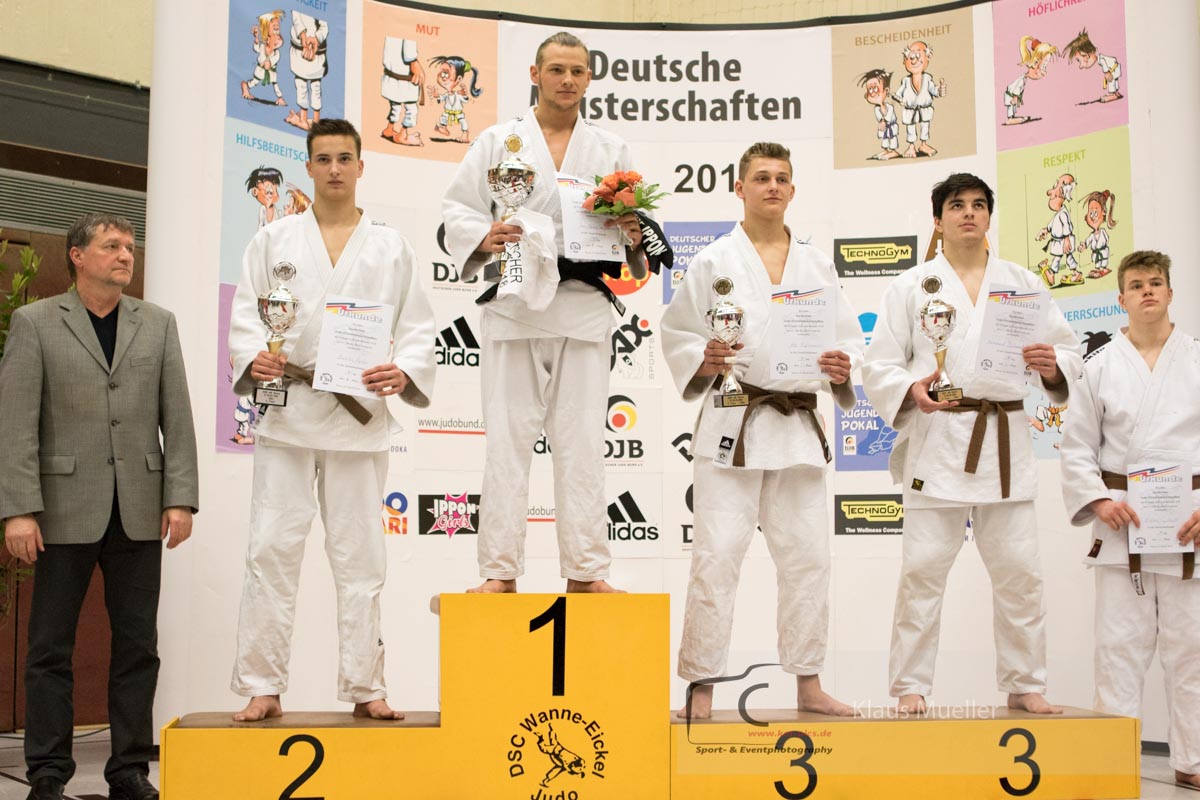
| Result | City | Date |
|---|---|---|
| 2 | Paris | 2024 |
| 1 | Abu Dhabi | 2024 |
| 1 | Zagreb | 2024 |
| 3 | Belgrade | 2023 |
| 2 | Montpellier | 2023 |





 - CORREA, L. (BRA)_MARA1087.jpg)

